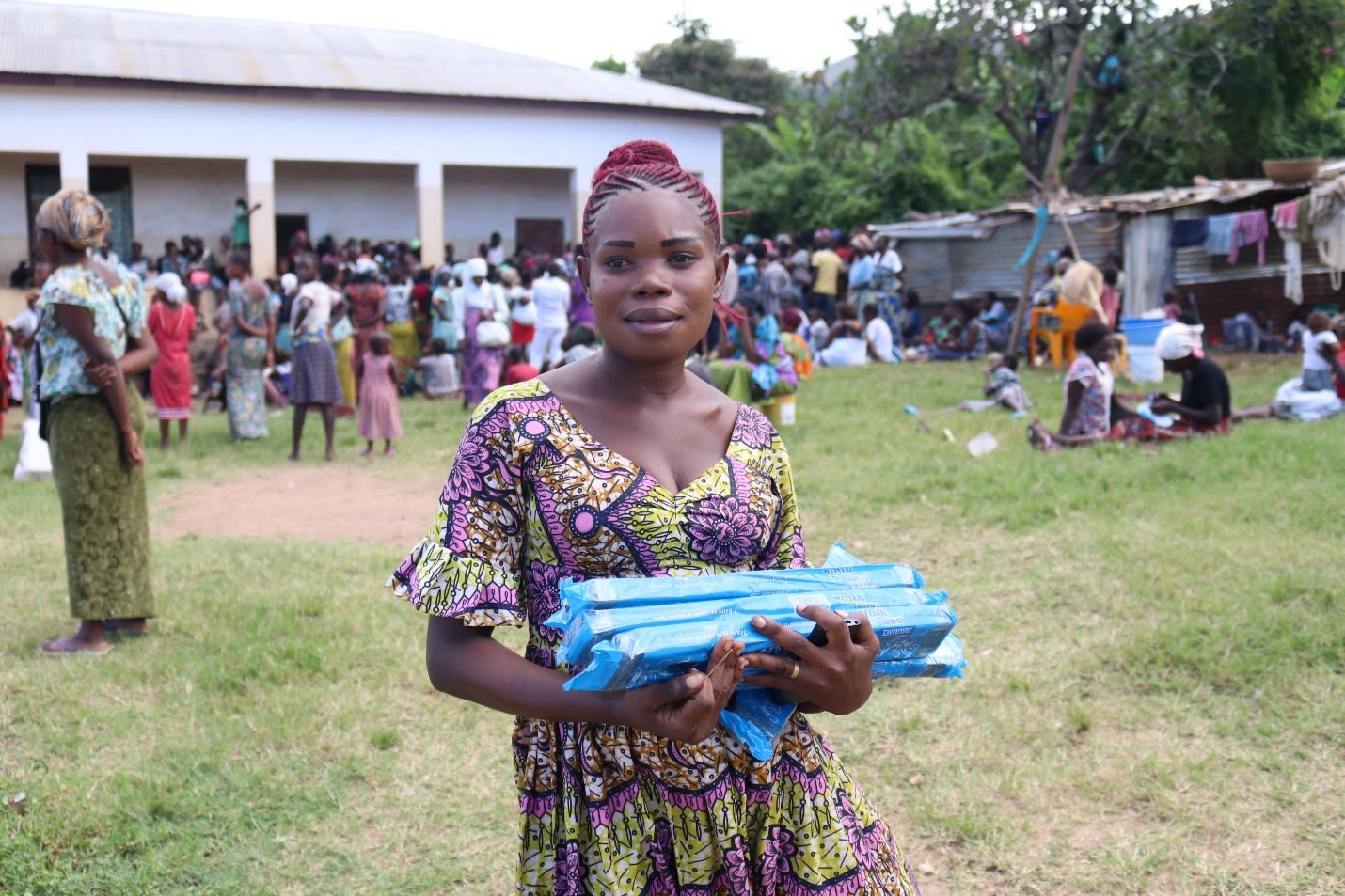Alert 419
Democratic Republic of the Congo: Flooding
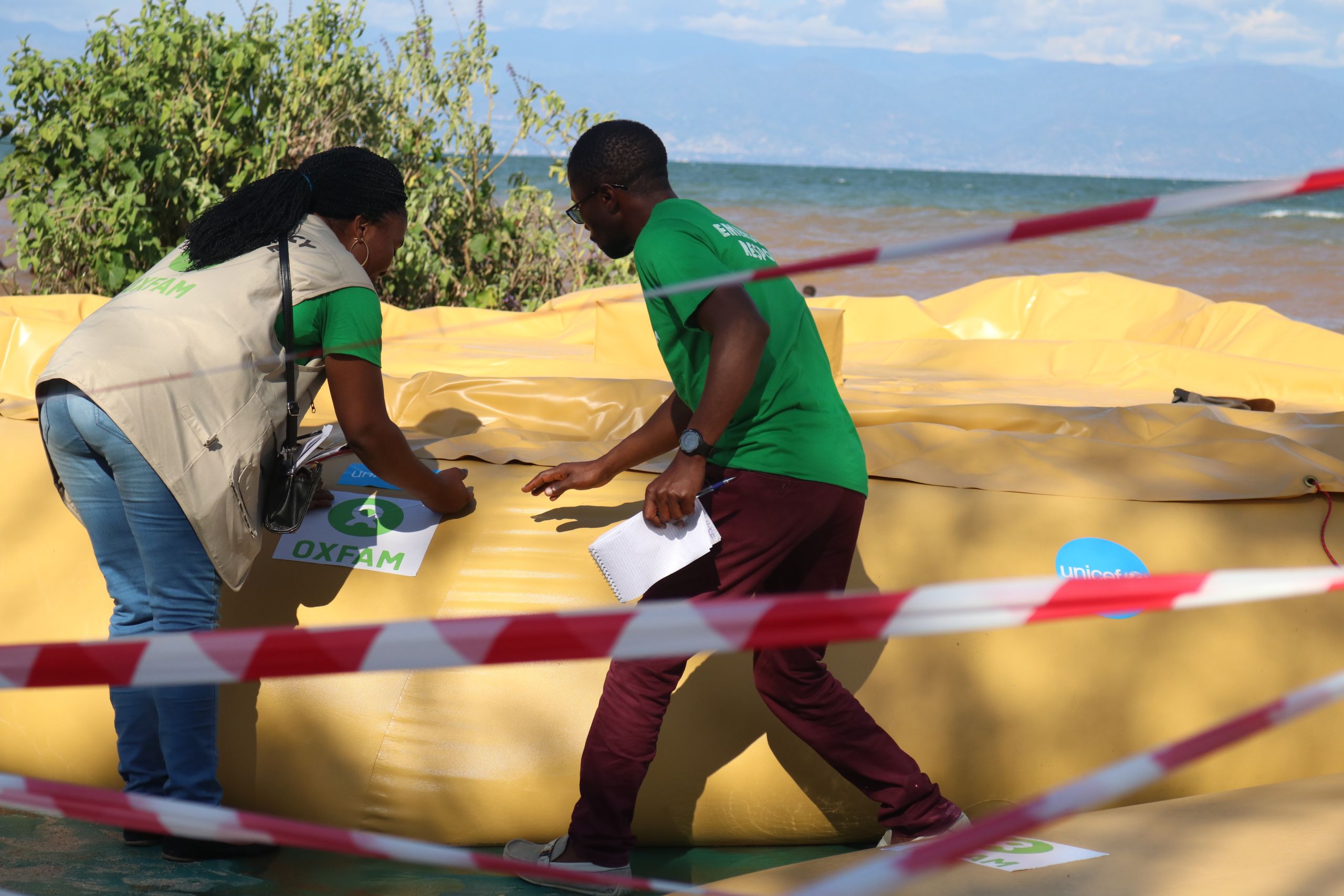
The Start Fund continues to be alerted to climate-related disasters and flooding is a particularly common hazard, with 12 flood-related alerts raised in 2020 so far. One of these alerts was raised by humanitarian agencies in the Democratic Republic of the Congo when the Mulongwe River flooded after heavy rainfall.
Context
Located in the east of the DRC, 128 km south of the city of Bukavu in South Kivu province, lies the city of Uvira. It sits between the high mountains of the Mitumba range (commonly called the "Uvira highlands") and Lake Tanganyika, which separates the DRC and the Republic of Burundi, from which you can travel by ferry to Tanzania and Zambia.
Similarly, Uvira has always been considered a crossroads because from here, the RN5 connects South Kivu to other provinces such as Maniema and the former province of Katanga in the south toward Zambia. From Zambia, you can reach other countries in southern Africa, notably Zimbabwe and South Africa.
Crisis
On 16-17 April, Uvira was showered with heavy rains and strong winds. This came as a surprise to its inhabitants overnight, and has since been a source of both human and material disaster.
According to the UNOCHA Situation Report from 26 May:
64,000 people are at risk of starvation, having lost their food reserves and almost all of their means of subsistence in the floods.
At least 7,220 houses have been destroyed, as well as the water and electricity supply, which is particularly devastating for a community where cholera is endemic.
More than 86,000 people have been made homeless.
Nearly 37,000 people have settled into at least 40 accommodation sites. The number and proximity of the people induces many needs for shelters, access to drinking water, showers and emergency latrines.
At least 5,000 host families are hosting almost half of the affected population, putting pressure on the water and hygiene resources of these families.
3 essential bridges (Mulongwe, Runingu and Sange) have been swept away, causing a total isolation of Uvira from the other cities and surrounding commercial centres, making it difficult for the government and humanitarian agencies to intervene.
The territory of Uvira has also experienced decades of insecurity caused by local and foreign armed groups. This area, which is favourable to agriculture and the breeding of livestock, risks sinking into poverty and instability following this crisis—the impacts of which will be felt beyond the DRC in neighbouring Rwanda, Burundi and Tanzania. Add to this the COVID-19 pandemic and the humanitarian situation in Uvira becomes a lot more complicated.
Alert 419
An alert for flooding was raised on 22 April and the Start Fund allocated £400,00 to this crisis, with Care International and Oxfam selected to respond.
In order to fight against water-borne diseases, Oxfam is installing emergency WASH infrastructure in all the sites where affected people are housed. They're also providing non-food items and hygiene assistance to vulnerable households, and are distributing seeds that can be harvested after three months in order to provide food to beneficiaries once their supplies have been exhausted. The crops will provide enough food to last until the next growing season.
Care International is distributing cash for non-food items such as kitchen equipment, bedding, and mats. They are also providing shelter kits to allow the most vulnerable households to build temporary shelters or to renovate damaged shelters, in order to secure their basic safety, security and health. Special emphasis is being placed on the needs of women and they are working closely with protection agencies to distribute dignity kits to survivors of sexual and gender-based violence, as well as women and girls from the poorest families.
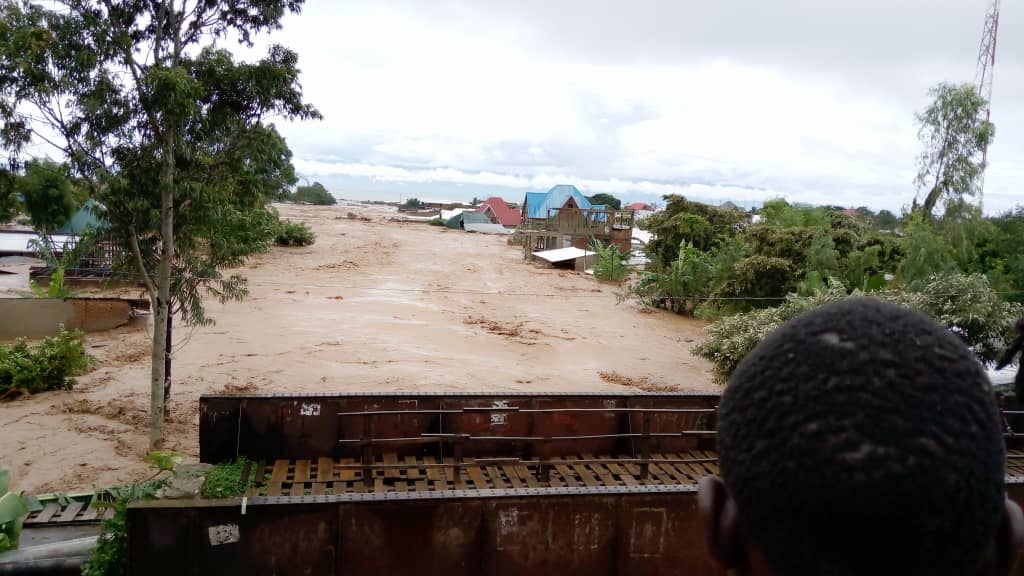
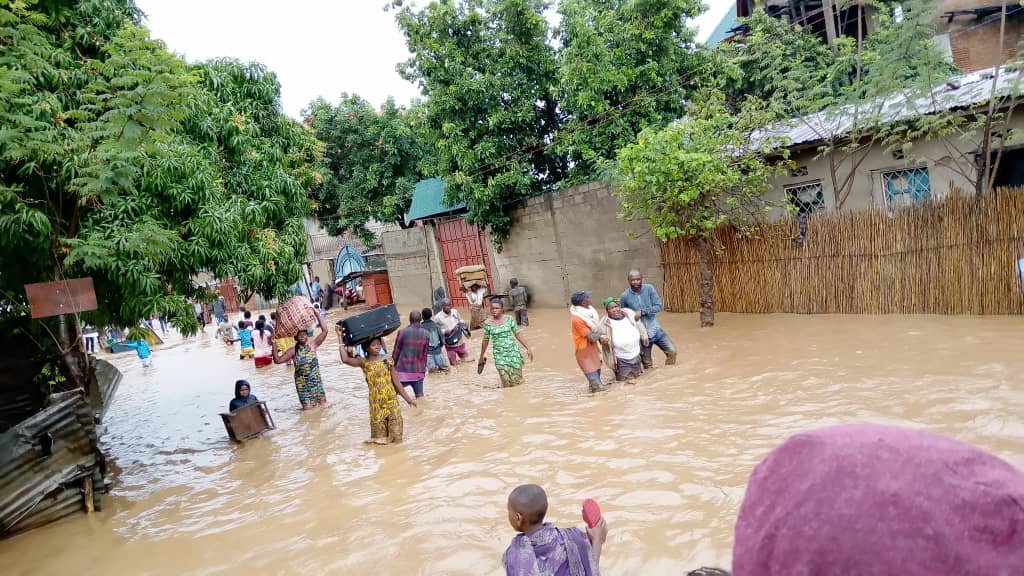
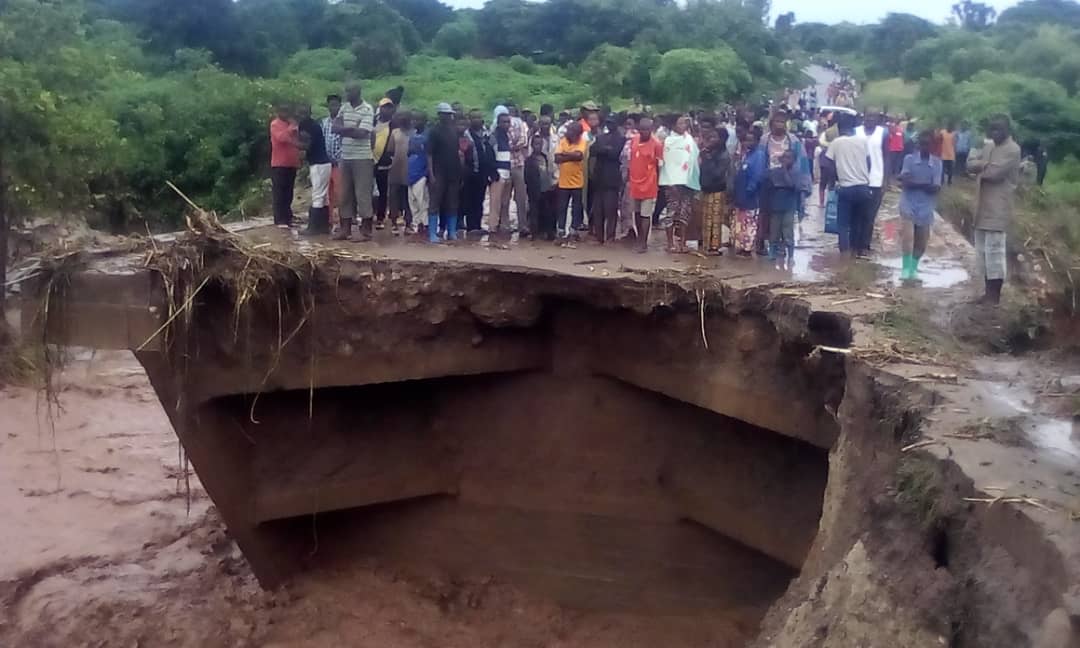
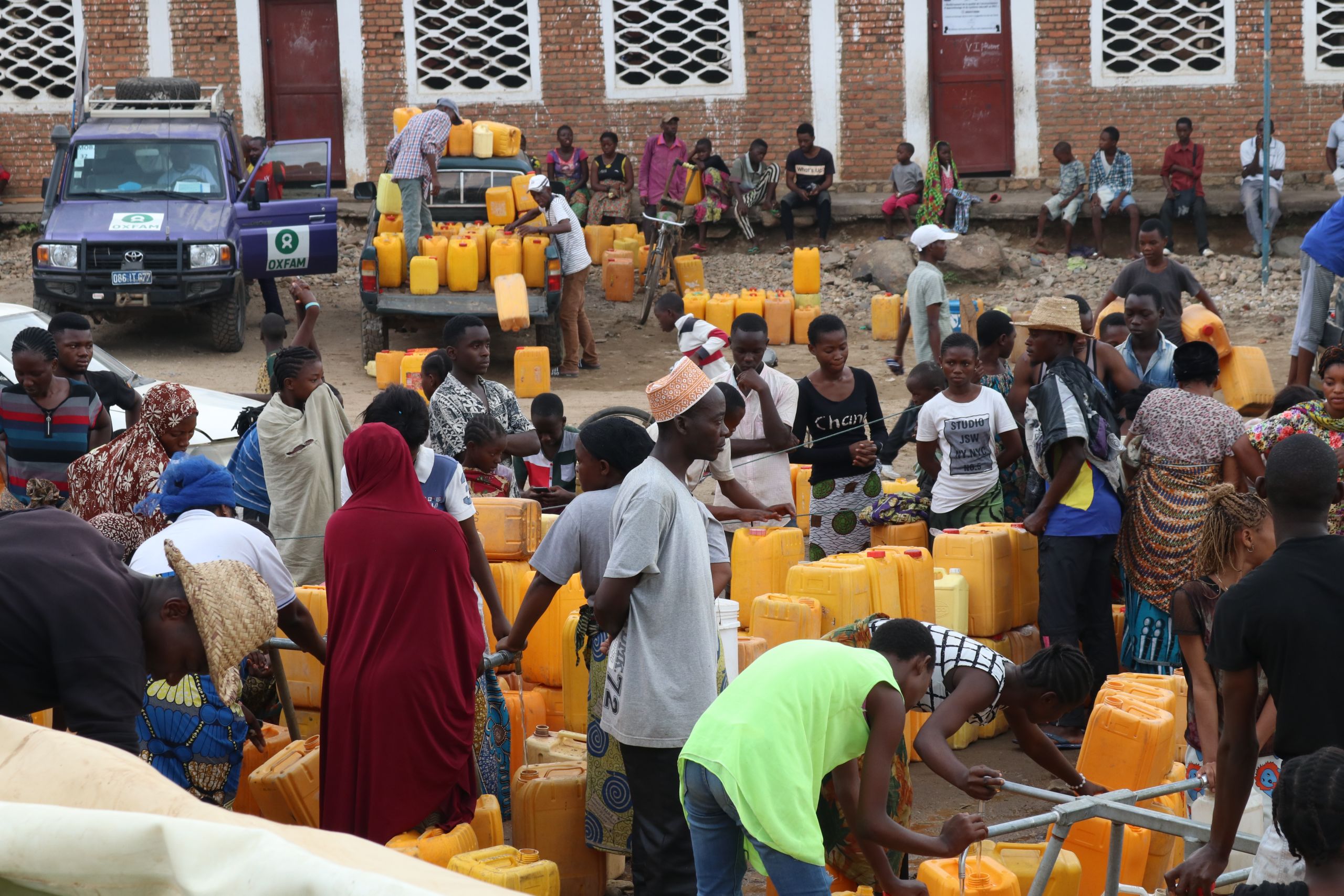
“I realised that we were on the verge of being swept away by the water. We were forced to flee immediately [...] That is how all of us came to take shelter in this school where we have been living for the last two weeks [...] The most difficult thing was to find drinking water here in this school. Fortunately Oxfam came and supplied us with drinking water and afterwards distributed handwashes and soap to us."
- Espérance, resident
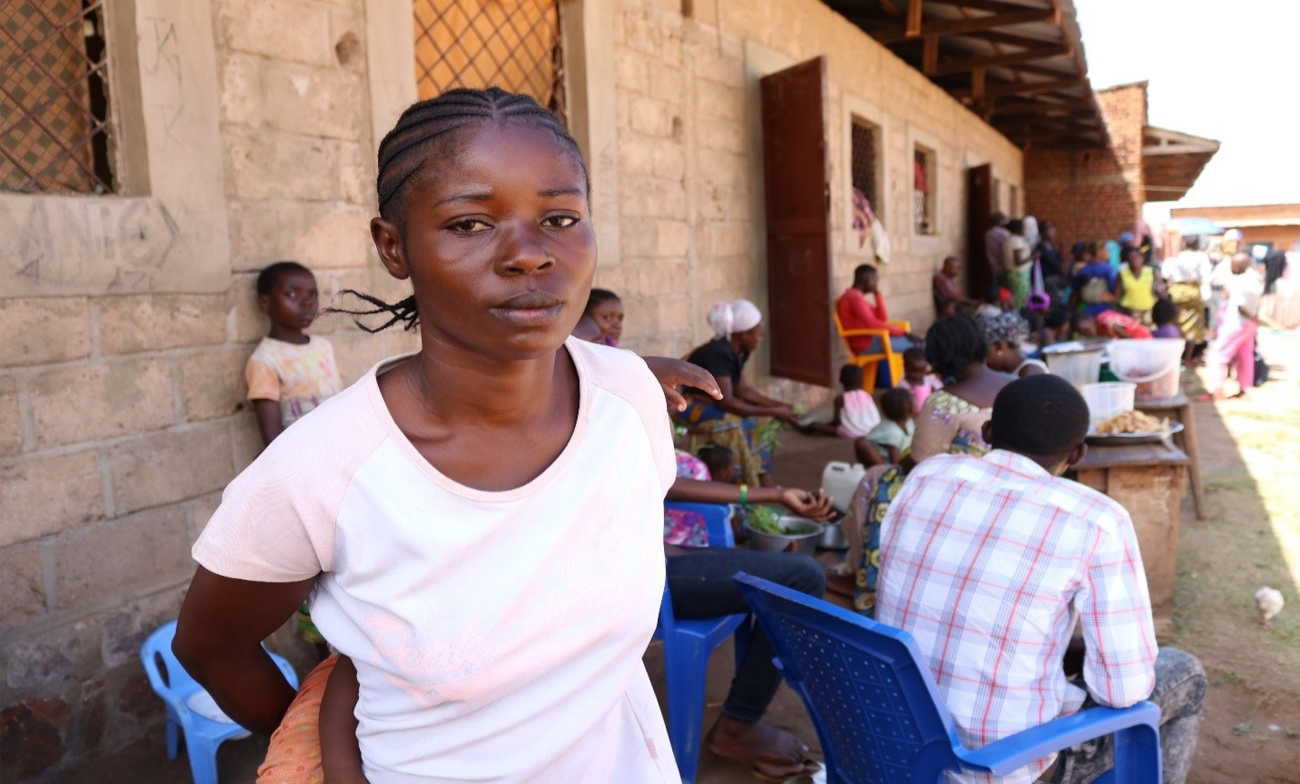
"I live in this school. I have just given birth a few days ago and one of my major worries was that I couldn't even find soap to clean the clothes of my new baby. Thanks to Oxfam for coming to this site and giving me this batch of soap. I hope that gradually they will be responding to our other multiple needs."
- Aziza, resident
